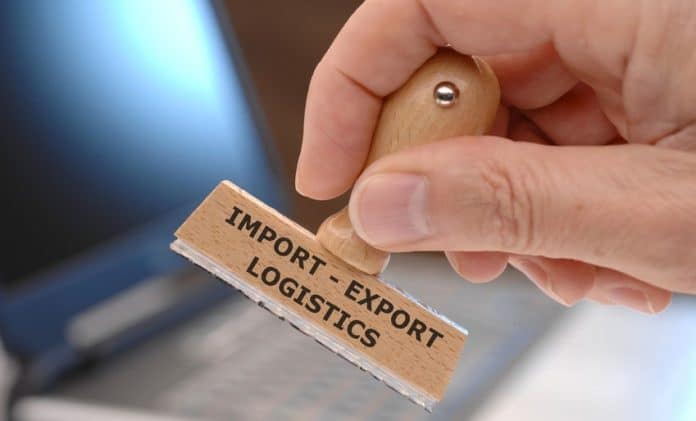For ambitious SMEs looking to sell overseas, there are no longer the barriers there once were, says Abdul Mann
 Exporting is a hot topic right now. The Office for National Statistics and HMRC say that the value of exports to our economy is increasing while the trade secretary, Liam Fox, continues to bang the drum for its long-term economic value. All of this under the shadow of Brexit, which will alter our international trade relations. By how much and for how long is anybody’s guess. But, what is clear is the ongoing demand and need for British goods and skills overseas.
Exporting is a hot topic right now. The Office for National Statistics and HMRC say that the value of exports to our economy is increasing while the trade secretary, Liam Fox, continues to bang the drum for its long-term economic value. All of this under the shadow of Brexit, which will alter our international trade relations. By how much and for how long is anybody’s guess. But, what is clear is the ongoing demand and need for British goods and skills overseas.
Historically, exporting was perceived as the reserve for big businesses. Those mass-producing goods, desirable the world over for innovation (Dyson) or prestige (Land Rover). And it’s not hard to see why, when you consider the amount of goods being shipped, not to mention the logistics involved.
While there is little doubt that sending goods overseas comes with a cost, the days of lengthy communication exchanges, confusing regulations – both at home and abroad – and lack of visibility into the supply chain, which all racked up the expenses column, is over.
For ambitious SMEs looking to sell to global markets, there are no longer the barriers there once were, with costs of doing business reducing all the time.
Here are five quick ways SMEs can cut costs when it comes to exporting:
Free certification of goods
UK businesses can complete an EC Certificate of Origin online free of charge. This is a document that states goods, being consigned overseas, are wholly obtained, produced, manufactured or processed in a particular country or countries, which satisfies your buyer as to the origin of your goods. Although the UK business can create an EC Certification of Origin (or other certificates, such as EUR1, ATR Movement Certificates etc.) online for free, the critical step of certifying the certificate, whether online or physically, is done by a chamber of commerce, which will still charge for certification. The advantage of doing certification online is that UK businesses can “shop around” for a chamber that will certify the certificate(s) as cheaply as possible, and pre-Brexit, can even reach out to EU chambers (which are considerably cheaper).
Ditch dated processes
Traditionally, exporting has required a combination of paper-based processes and disparate business software applications bolted together over time. Today, businesses now have access to end-to-end technology tools that are fit for purpose in today’s globally competitive markets, covering everything from invoicing, stock control, sales management, logistics etc., providing a one-stop-shop for all your global trading needs in a single, easy to access, online tool.
Use the available help
There is a wealth of support available for SMEs and startups looking to export function. Research any grants available, as well as part-funded trade missions to new markets, organised by the Department of International Trade (DIT), trade associations, chambers of commerce and even some banks.
Improved use of time
It may not be money in real terms but wasted and inefficient use of time costs SMEs dearly. It’s impossible to escape admin, but businesses can be better and more efficient with it. There are competitively priced, cloud-based trading platforms out there that can drastically reduce the amount of time spent on basic admin – some offering up to 80 per cent saving. In real cost saving terms, if you’re paying someone £10 per hour for admin services and they’re doing a 35-hour week, that’s £280 per week savings, or £1,120 per month or £13,440 per year. So clearly, it’s financially worth considering combined trading platforms.
Use marketplaces
Don’t think geography and language are a barrier. Sites like Alibaba and eBay are relatively cheap to use and have opened the door to the world when it comes to expanding internationally. There are currently more than two billion internet users in 200 countries, with nearly 100 million of them in English-speaking countries. It is a particularly good time for UK businesses to explore exporting options, given the current state of the pound and English being the dominant language of the internet and international business.
Abdul Mann is founder of international SME trading platform EdgeCTP


